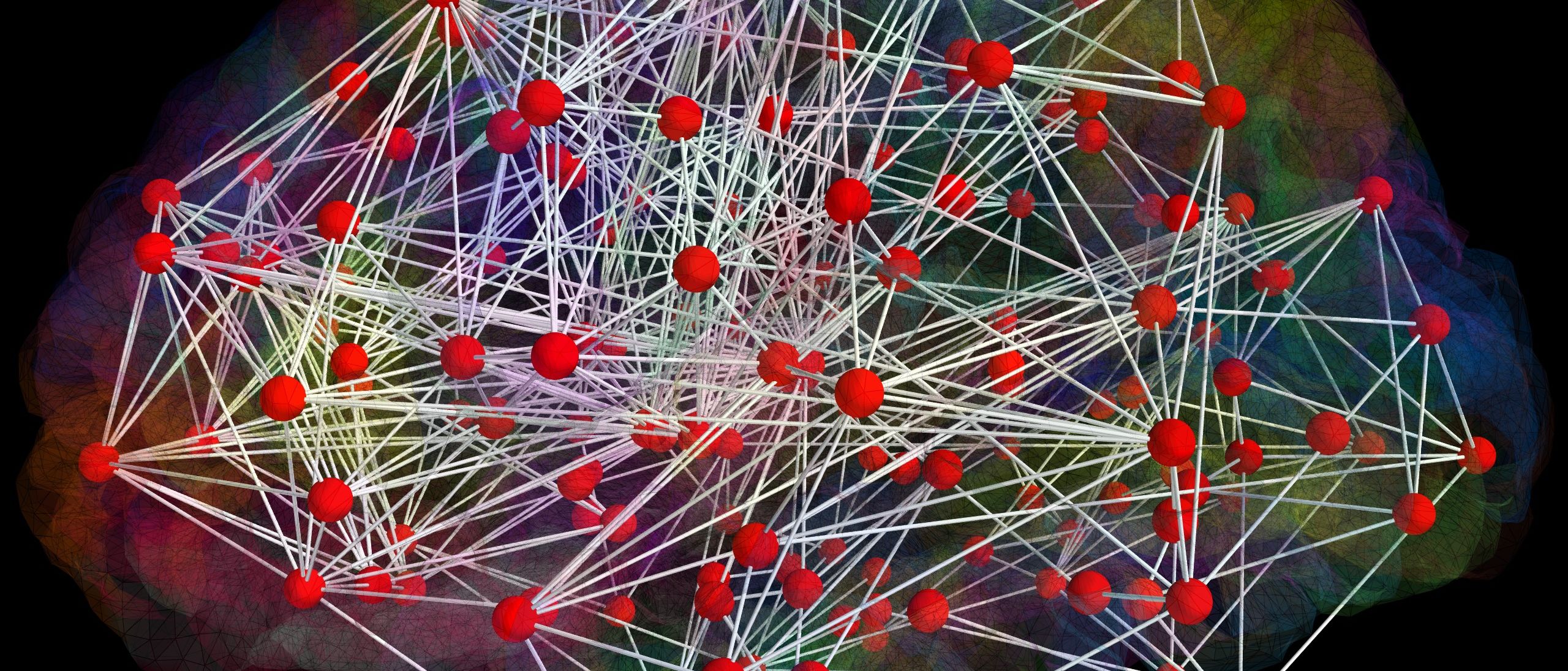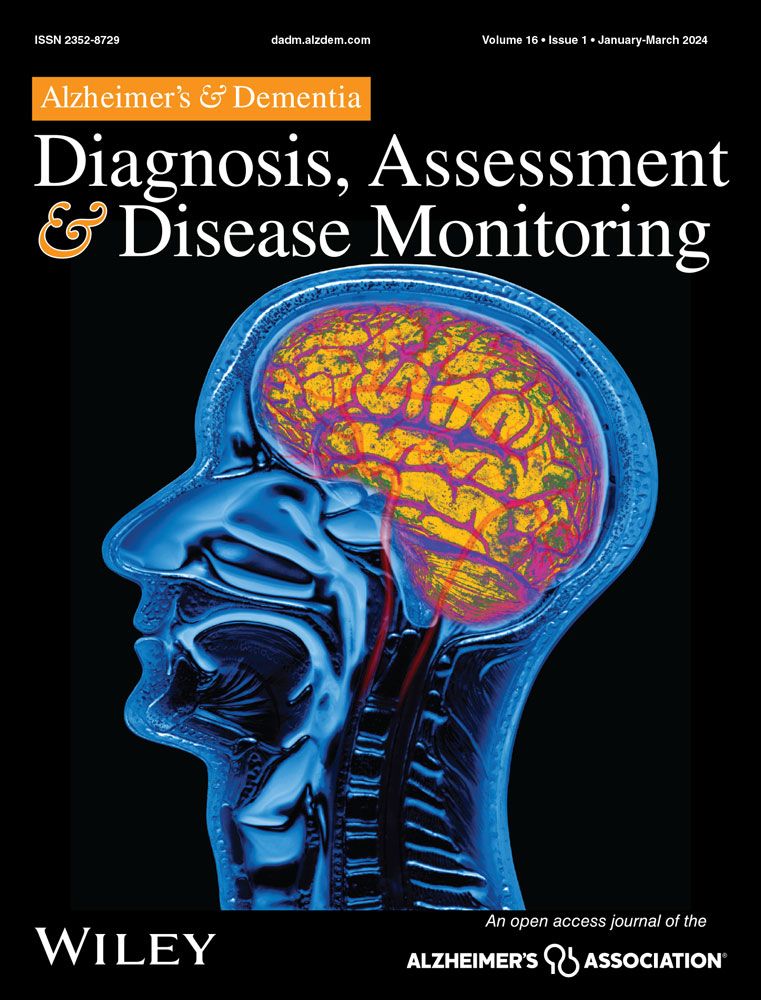
EBRAINS used for personalised modelling of Alzheimer's disease progression

© Viktor Jirsa
The personalised computational Alzheimer's models allowed them to make individual predictions of the risk of progressing from the stage of mild cognitive impairment to Alzheimer’s pathology. Early identification of Alzheimer's disease is necessary for a timely onset of therapeutic care. However, cortical structural alterations associated with AD are difficult to discern. Personalised modelling outperformed traditional EEG biomarkers in the study. The findings were published in the journal Alzheimers & Dementia of the American Alzheimer's Association.
Alzheimer’s disease is the major form of dementia, impacting over 10 million people globally. According to projections, this number is expected to rise to 50 million by 2050. This underscores the pressing need for advancements in Alzheimer’s research to face this challenge.

Original publication:
Personalized modeling of Alzheimer's disease progression estimates neurodegeneration severity from EEG recordings Alzheimer's Dement. 2024
News & events
All news & events- News23 Jul 2024

- 09-14 Dec 2024
Erice 2024 - Modelling the brain in health and disease: theory and applications of digital twins
Event
- Event

- Event
